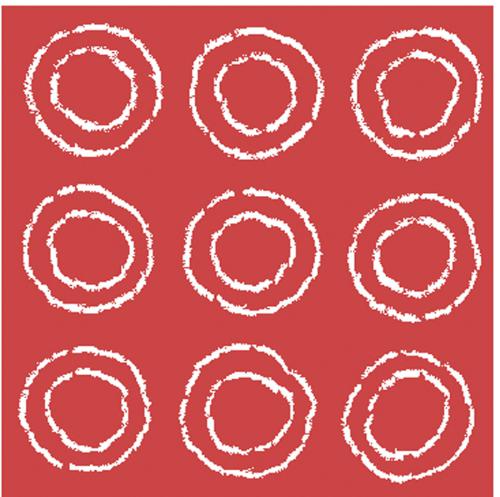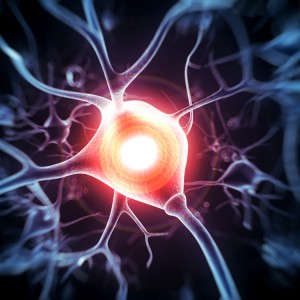Neuralstem’s Neural Stem Cell Treatment Safe in Phase 2 Trials
Written by |

 Positive results are in for Neuralstem, Inc.‘s phase 2 clinical trial “Dose Escalation and Safety Study of Human Spinal Cord Derived Neural Stem Cell Transplantation for the Treatment of Amyotrophic Lateral Sclerosis.” The trial, received by the FDA in 2012, treated 15 ALS patients with a maximum dose of 16 million NSI-566 spinal cord-derived stem cells and met primary safety endpoints.
Positive results are in for Neuralstem, Inc.‘s phase 2 clinical trial “Dose Escalation and Safety Study of Human Spinal Cord Derived Neural Stem Cell Transplantation for the Treatment of Amyotrophic Lateral Sclerosis.” The trial, received by the FDA in 2012, treated 15 ALS patients with a maximum dose of 16 million NSI-566 spinal cord-derived stem cells and met primary safety endpoints.
“Our therapy involves transplanting NSI-566 cells directly into specific segments of the cord where the cells integrate into the host motor neurons,” said Karl Johe, PhD, Chief Scientific Officer of Neuralstem, in a news release. “The cells surround, protect, and nurture the patient’s remaining motor neurons in those various cord segments. The approximate strength of those remaining motor neuron pools can be measured indirectly through muscle testing of the appropriate areas, such as in the grip strength tests.” Seven out of 15 patients experienced grip strengthening, which is a direct indicator of lower arm muscle strength.
The same proportion of ALS patients showed a near-zero slope of decline or positive slope of ALS Functional Rating Scale score, representing a 47% response rate to treatment. After nine months of treatment with the stem cells, ALS patient responders had an average score of 37 out of 48 (93% of patient baseline retained), while non-responders had an average score of 14 out of 48 (35% of patient baseline retained).
“As in the first trial, there were both responders and non-responders within the same cohort, from patients whose general pre-surgical presentation is fairly similar,” stated Dr. Johe. “However, we believe that through the individual muscle group measurements, we may now be able to differentiate the responders from the non-responders.”
Importantly, the trial met its primary endpoint of demonstrating treatment safety. “We believe the top-line data are encouraging,” said Eva Feldman, MD, PhD, an unpaid consultant for Neuralstem from the ALS Clinic at the University of Michigan Health System. “We were able to dose up to 16 million cells in 40 injections, which we believe to be the maximum tolerated dose. Perhaps equally as important, we believe the top-line data may support a method of differentiating responders from non-responders, which we believe will support our efforts as we move into the next, larger controlled trial expected to begin this summer.”
Neuralstem worked with three centers to conduct the trials: Emory University Hospital in Atlanta, Georgia; the ALS Clinic at the University of Michigan Health System, in Ann Arbor, Michigan; and Massachusetts General Hospital in Boston, Massachusetts. “We were very excited to participate as a site in this clinical trial,” said Merit Cudkowicz, MD, Chief of Neurology, at Massachusetts General Hospital. “We are hopeful with respect to the top-line results and we need to move swiftly and safely forward to confirm the responder effect and identify people who might benefit from this treatment approach.”





